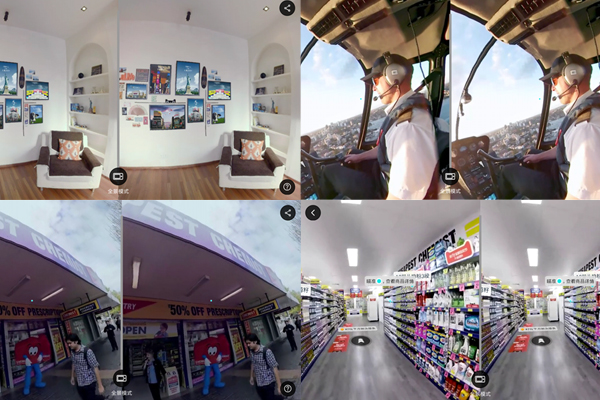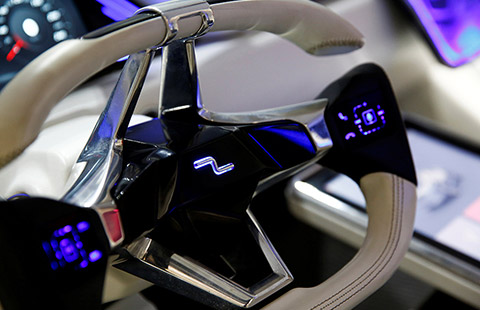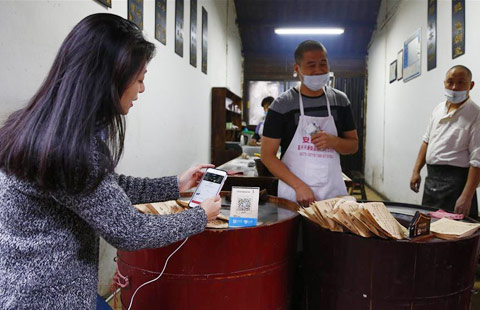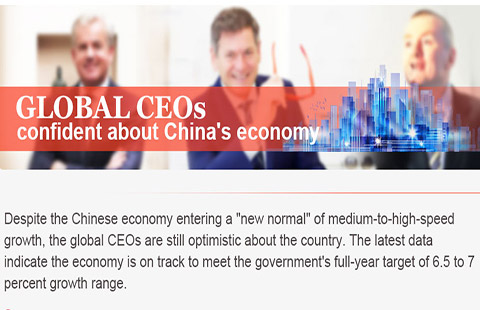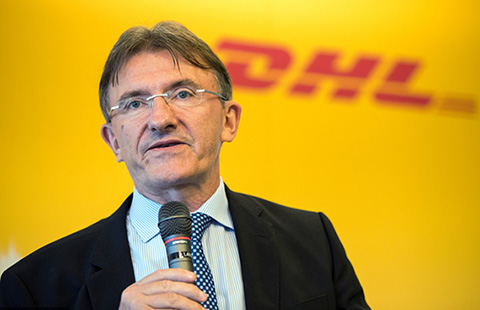TISCO proves its mettle in tough steel market
As the first stainless steel producer in China, the company has witnessed the development of the sector in the country, the world's biggest producer and consumer.
"Chinese stainless producers have to accelerate the level of their technological innovation to create a sustainable development model, especially when the country's stainless steel capacity has already exceeded demand, leading to fierce competition," added Li.
TISCO owns 10 million tons of capacity of which 3 million are stainless steel.
During the first three quarters of 2012, the company exported 250,000 tons of stainless steel to Europe and the United States, a 5 percent rise year-on-year.
The company plans to increase its stainless steel exports by 52 percent to 500,000 tons this year.
Li Huifeng, a senior official in its technology center, added that the company has spent heavily on research and development to raise its innovation levels, "which has helped us realize our current position in the market".
That investment has included spending 200 million yuan on two experimental platforms for technology research and new product development in the past two years.
Another 200 million yuan was spend on lab equipment.
"Technological innovation is a long-term process which should not be expected to make instant profits," said Li Huifeng.
"Despite this being a bad time for the industry as a whole, the company has continued to focus on spending on innovations."
Since 2001, TISCO has been investing about 5 percent of its sales every year on R&D.
It also spends 30 million yuan a year on bonuses to staff who make the biggest contributions to that innovation effort.
Domestic steel product prices fell about 14 percent last year because of the weak market.
However, TISCO's steel prices have increased by about 11 percent on average, thanks to its focus on high added-value products.
The competition in China's steel industry has expanded significantly in recent years.
Many more of its major steel players are seeking to make investments in upstream resources overseas, such as in Australia and Africa.
The rising price of iron ore, which has been dominated by the international giants for a long time, has forced Chinese companies to look for resources from around the world to reduce their costs.
However, finding the right investment target hasn't been easy, and many investments in mining businesses overseas have failed.
TISCO has been expanding its operations into upstream mining, but within China.
Construction of an iron ore mine will be completed this year and start production in Luliang in Shanxi.
The group owns several mines in Shanxi, which can provide about half of its iron ore supply.
By the end of 2015, the company plans to be able to supply 70 percent of its own iron ore to reduce raw material costs.
The company has also created a more reliable imported supply of nickel, an important element in stainless steel production.
It says it aims to have high-end products account for up to 90 percent of its products portfolio.
dujuan@chinadaily.com.cn




